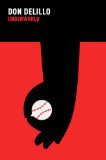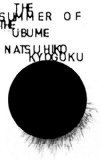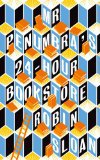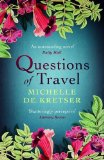Jack Glass by Adam Roberts
Five words from the blurb: society, crime, asteroid, murder, freedom
Jack Glass started well, with a group of prisoners being left on an asteroid. These men will only survive their ten-year prison sentence if they work together to produce food and water, mining the rock for everything they require. The dynamics of this new society was well drawn and each of the characters jumped from the page. Unfortunately things went downhill in the second section. The new characters failed to engage me and I became increasingly bored with the story. The third section was even worse and I ended the book very disappointed. It’s a shame it failed to live up to its early promise.

.
Men We Reaped by Jesmyn Ward
Five words from the blurb: black, poverty, loss, family, struggle
I loved Salvage the Bones so was excited about trying Jesmyn Ward’s memoir. Unfortunately I found that the story was diluted by the inclusion of too many people. I found it too fragmented and lacking the emotional power of her novel. I’d have preferred a more intimate story, focusing on a smaller group of people.

.
The Lie by Helen Dunmore
Five words from the blurb: man, returns, war, quiet, consequences, truth
I’ve had a mixed experience with Helen Dunmore in the past (The Siege is one of my all-time favourites, but I wasn’t as fond of The Betrayal) so I wasn’t sure what I’d make of this one. Unfortunately The Lie failed to grab me. It was too slow and gentle. Individual paragraphs were well written, but the central character was distant and I failed to become invested in him. This combined with a meandering plot to create a novel that wasn’t to my taste.

.
Have you read any of these?
Did you enjoy them more than I did?
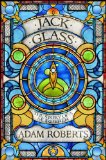



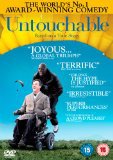
![Untouchable [DVD] Untouchable [DVD]](http://images.farmlanebooks.co.uk/51RQSrf0HhLa_SL160_.jpg)

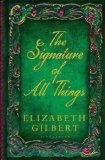


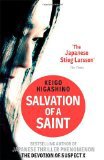

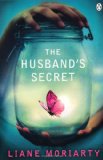
 (because I enjoyed the experience of reading it so much)
(because I enjoyed the experience of reading it so much)